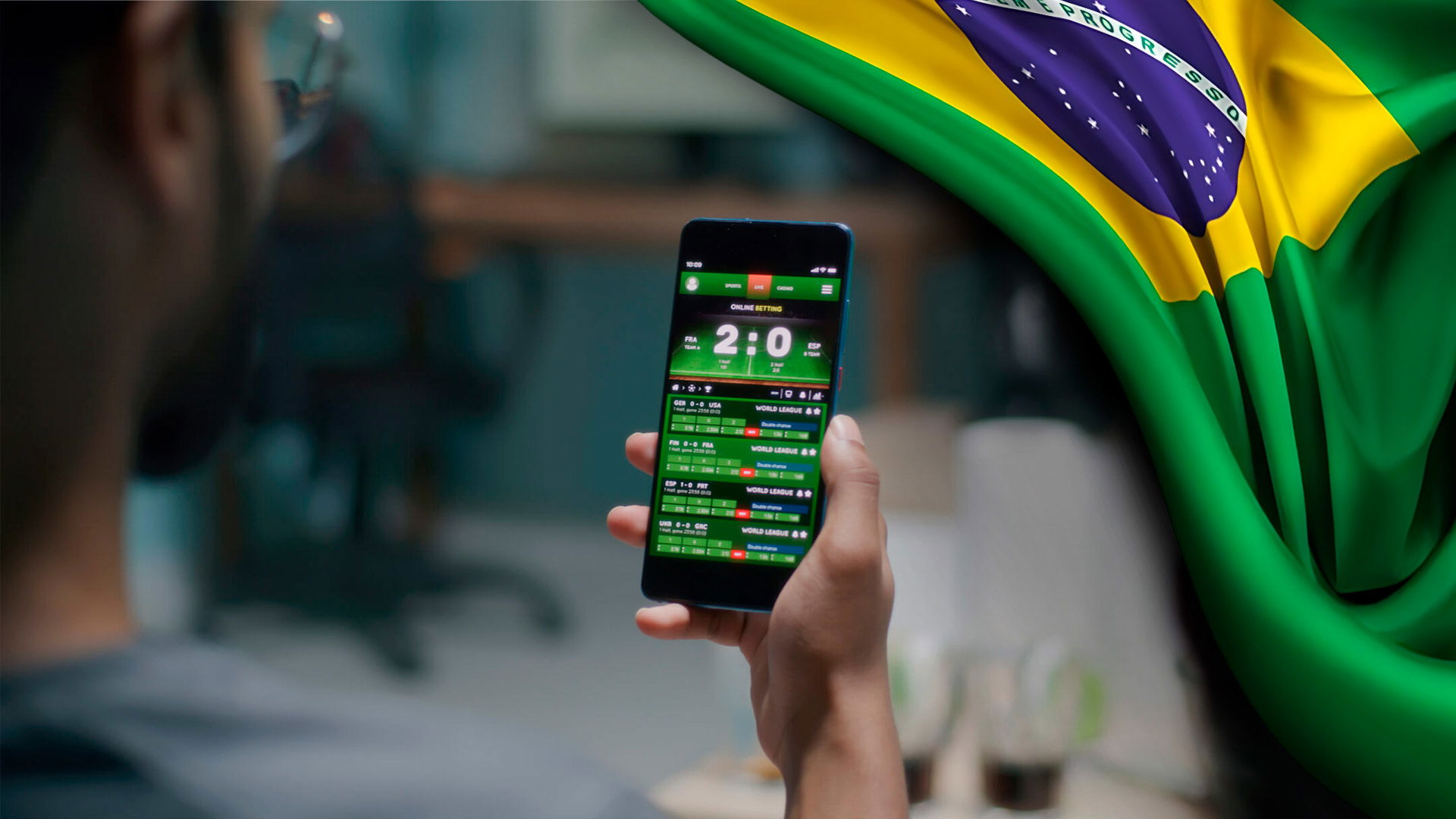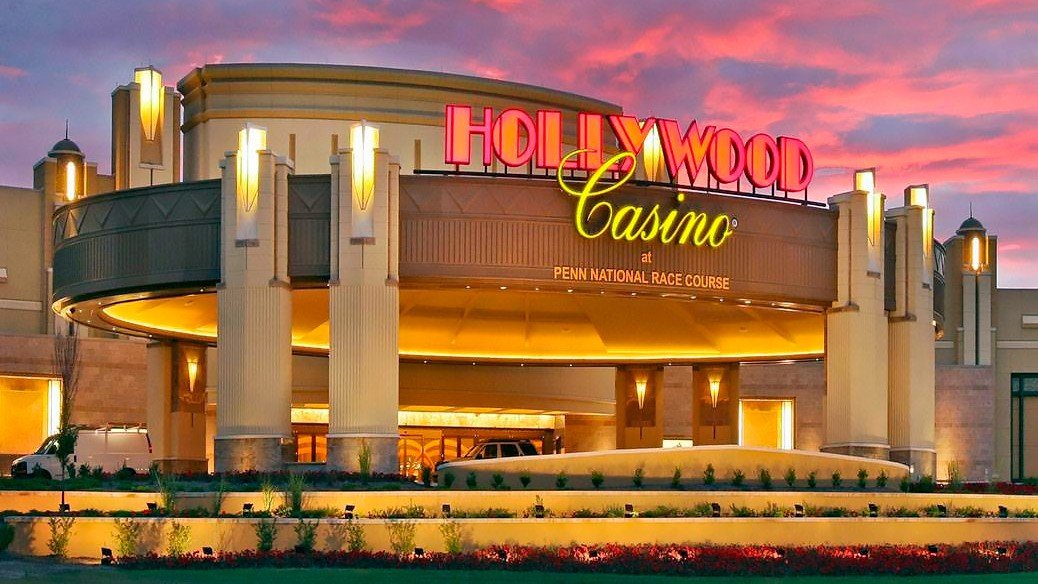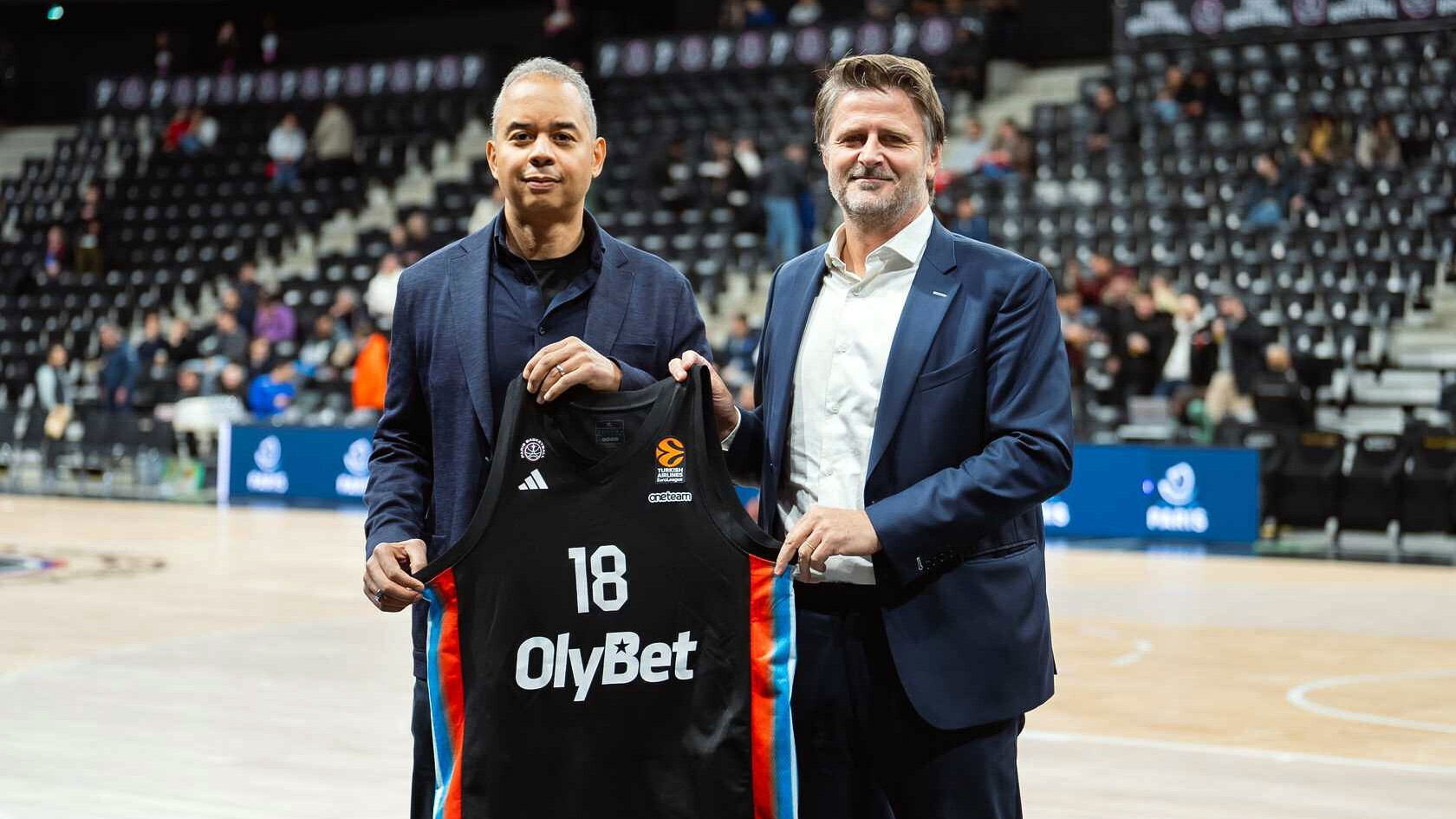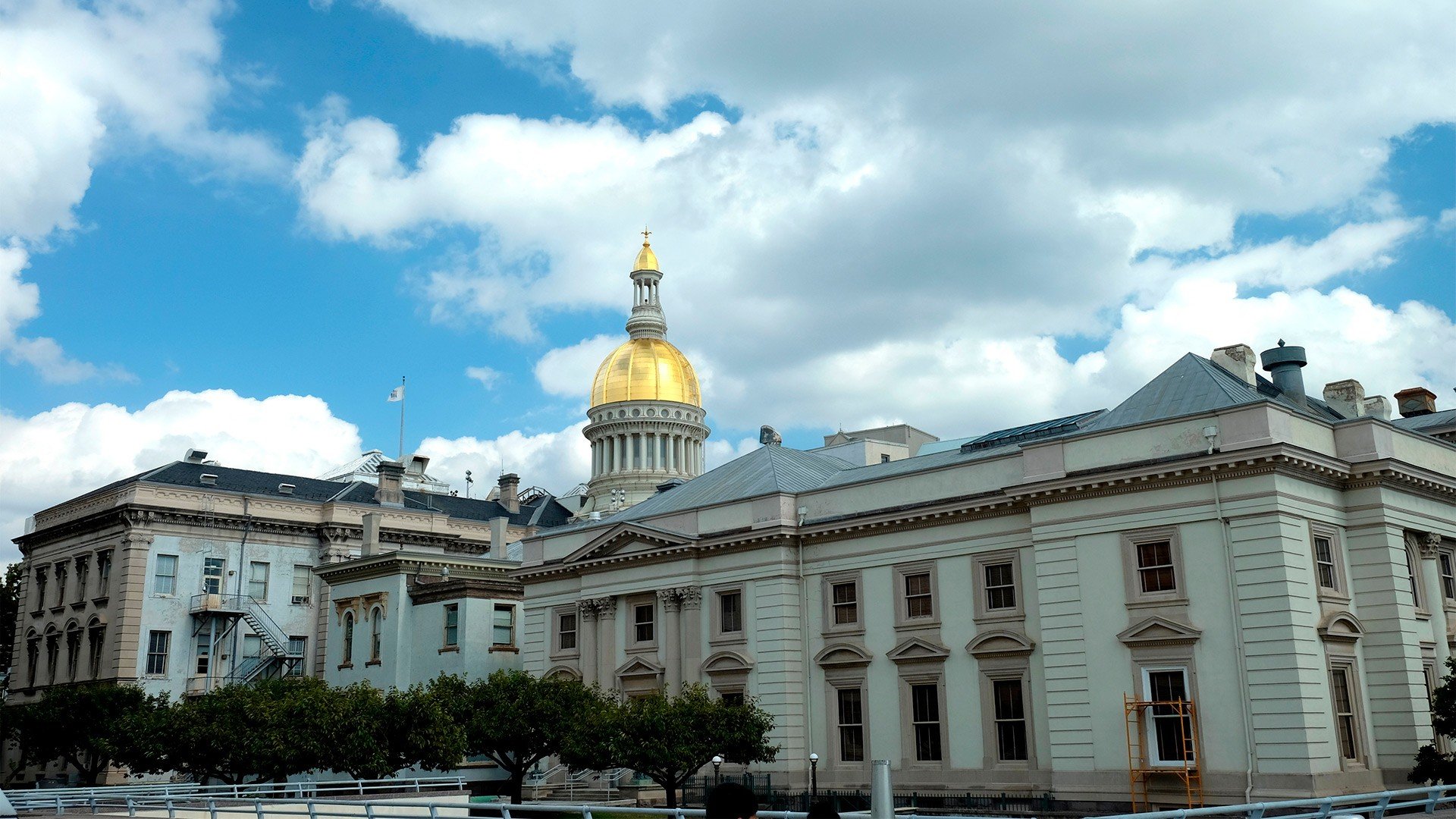Navigating Brazil’s latest gambling regulations: 6 key considerations for operators

In its latest analysis, turnkey betting and gaming solutions provider Sportingtech reflects on the latest changes in Brazilian gambling regulation and what should operators in this market take into account to navigate its evolving landscape.
For anyone who’s had the slightest interest in Brazilian Gaming over the last decade, the analogy of a rollercoaster will ring true. The country has been on the brink of regulation on multiple occasions over this period of time, so you could be forgiven for harbouring doubts over the most recent developments. However, something feels different this time. Even with the very latest news of the potential for political hold-ups, it stills feels like we’re the closest we’ve ever been. So let’s take a look at the key considerations for operators.
1. Taxation and Revenue: Striking the Balance
One of the most significant shifts in Brazil’s gambling regulations is the increase in the headline tax rate from the initial draft of 16% to the current 18% of gross gaming revenue. This change is coupled with additional corporate and social security taxes amounting to 9.25%, along with taxes levied by local municipalities. With the potential for the total tax burden to approach nearly 40% due to additional taxes like ISS, PIS, and COFINS, concerns have been raised regarding the impact of such a high tax rate on the willingness of companies to operate within the bounds of the law in Brazil.
However, it is important to note that the increased tax collection is intended to fuel social investments in vital areas such as education, health, safety, and the promotion of sports among children and youth.
2. Licensing and Fees: A Balance of Entry
The licensing and fee structure is another crucial aspect for B2C operators to consider. While there is speculation about the upfront licensing fee being set at R$30 million (approximately US$6.3 million), there have been suggestions to reduce this fee to offset the weight of the elevated tax rate.
The Brazilian Ministry of Finance holds the authority to determine the exact cost, which is estimated to fall between R$25 million and R$30 million. Notably, both national and international companies have the opportunity to obtain unlimited licenses if they establish a presence in Brazil. Operators must have a physical presence in the country, including a Brazilian entity, local offices, and a designated number of local employees, subject to further clarification through forthcoming regulations.
3. Penalties and Regulations: Upholding Compliance
B2C operators must be well-versed in the penalties and regulations imposed by the Brazilian government. Unauthorized operations or advertising of sports betting will now incur new administrative penalties. Internet service providers (ISPs) are mandated to block access to unlicensed gambling websites, while the Bank of Brazil will take measures to block any illegal financial transactions associated with such activities.
Operators are also required to publish warnings related to gambling addiction, underlining the importance of responsible gambling practices. Specific regulations on advertising are in place, including self-regulatory guidelines by Brazil’s advertising standards authority, CONAR.
4. Sporting Events and Integrity: Safeguarding the Game
To maintain the integrity of sporting events, operators must adhere to stringent guidelines. The definition of eligible sporting events for sports wagering includes provisions to limit or prohibit specific bet types.
An important prohibition exists on operators acquiring streaming rights to Brazilian sporting events, which aims to protect the local sports ecosystem. Operators are required to join an international integrity association, participating in the monitoring and reporting of suspicious betting activities within five business days of detecting integrity concerns. Further, sports players, officials, and owners are expressly forbidden from engaging in sports wagering, fostering an environment of fairness and integrity. Only bets predicting the final result of a sporting event are allowed, with restrictions on bets related to specifics such as cards and injuries due to their susceptibility to integrity breaches.
5. Gambler Protection: Prioritizing Responsible Gaming
Gambler protection is a cornerstone of Brazil’s gambling regulations. Operators are mandated to implement measures to safeguard players and the integrity of the sport.
Participation by individuals under 18 and those registered in credit protection registers is strictly prohibited. Operators must monitor and impose limits on betting habits to prevent gambling-related issues. Individuals with unfavourable credit scores listed in national credit databases are barred from placing bets, promoting responsible gambling practices and financial prudence.
6. Legal Framework and Future Prospects: An Evolving Landscape
Importantly, there are currently no stipulations in place to restrict the regulation or operation of sports betting at the state or municipal levels. The regulatory framework is being introduced through provisional measures, serving as a foundational step toward implementing a federal regulatory regime. This initial framework is accompanied by a sports-betting bill (Bill 3626/2023) that addresses temporary penalties, anti-money laundering controls, and regulatory fee adjustments, offering a glimpse into the ongoing evolution of Brazil’s gambling landscape.
Whatever other hurdles crop up, whatever the additional extensions to timelines, it’s clear that operators who are serious about the Brazilian market need to get their house in order and make the necessary preparations for when the time finally comes. That includes choosing the right iGaming platform partner. Without wanting to turn this into a sales pitch, you could do a lot worse than speaking with a provider who has a historical and successful LatAm footprint, one who actually listens to your aims and concerns and develops a solution that’s right for your business. Speak to the Sportingtech team and you’ll be best placed to take advantage when the time comes.
















































